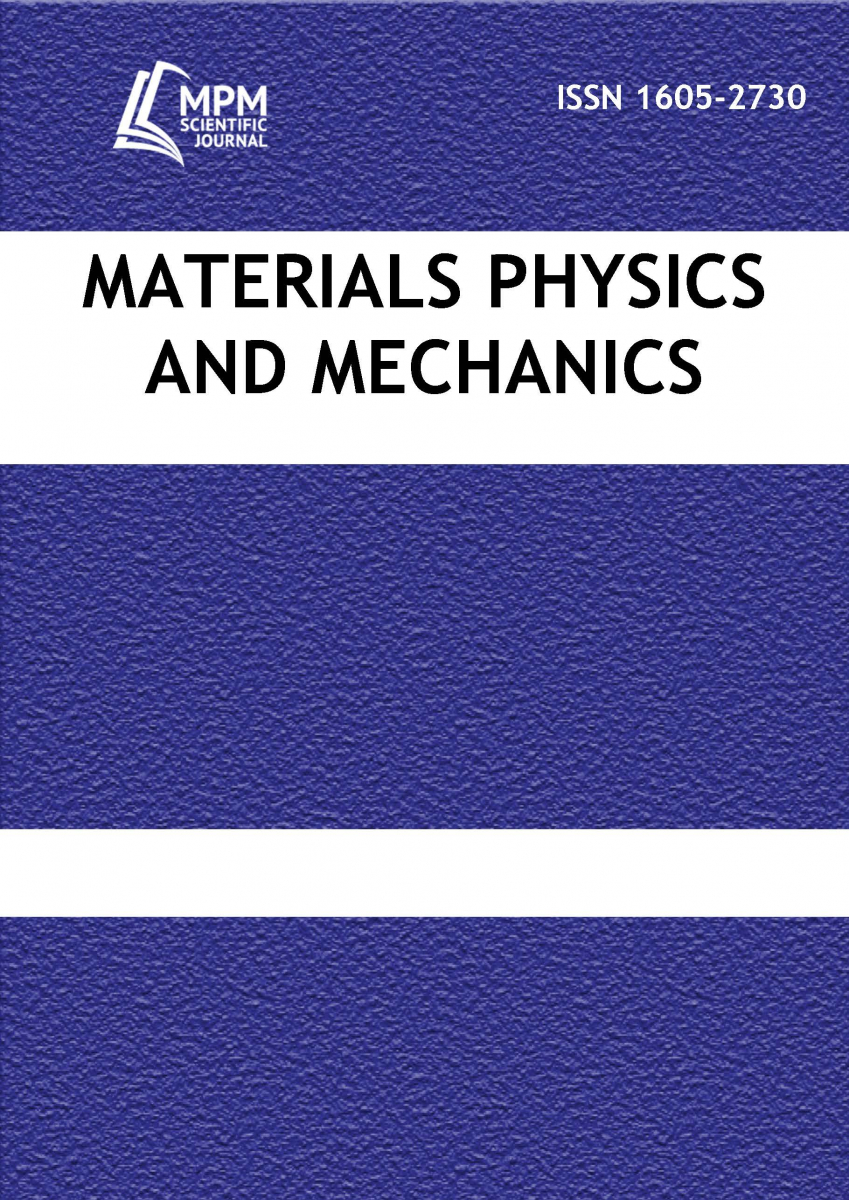Effect of Ni on the dielectric behavior and microwave absorption performance of ZnO composites.
In the present study, ZnO/Ni composites have been studied for its dielectric and microwave absorption behavior as a function of x (Ni/Zn-acetate ratio) viz. x=0.08, 0.12, and 0.16 in the frequency range of 2-18 GHz. The hydrothermal method was successfully employed for the synthesis of single-phase Ni and ZnO particles. The phase confirmation was done using the X-ray diffraction technique and Maud refinement was successfully carried out using Maud software for the determination of crystallite size and the lattice parameters of pure Ni, pure ZnO, and x=0.16 sample. The inclusion of Ni in ZnO results in the improvement of complex permittivity values as compared to pure ZnO. However, there is not much significant enhancement in the complex permeability values. The microwave absorption characteristics are completely dependent on the dielectric properties of the composite materials. Ni incorporated ZnO composites show improvement in the microwave absorption characteristic as compared to pure ZnO. The improvement in microwave absorption behavior of the ZnO/Ni composite system may be ascribed to various mechanisms viz. dipole polarization, interfacial polarization, conduction loss, and impedance matching which synergistically acts to enhance the microwave absorption. A minimum reflection loss of -12.86 dB corresponding to > 90% absorption of incident microwave energy was observed for x=0.16 sample at a frequency of 17.47 GHz corresponding to 3 mm absorber thickness as compared to pure ZnO having a minimum reflection loss of -1.5 dB at the same absorber thickness.


